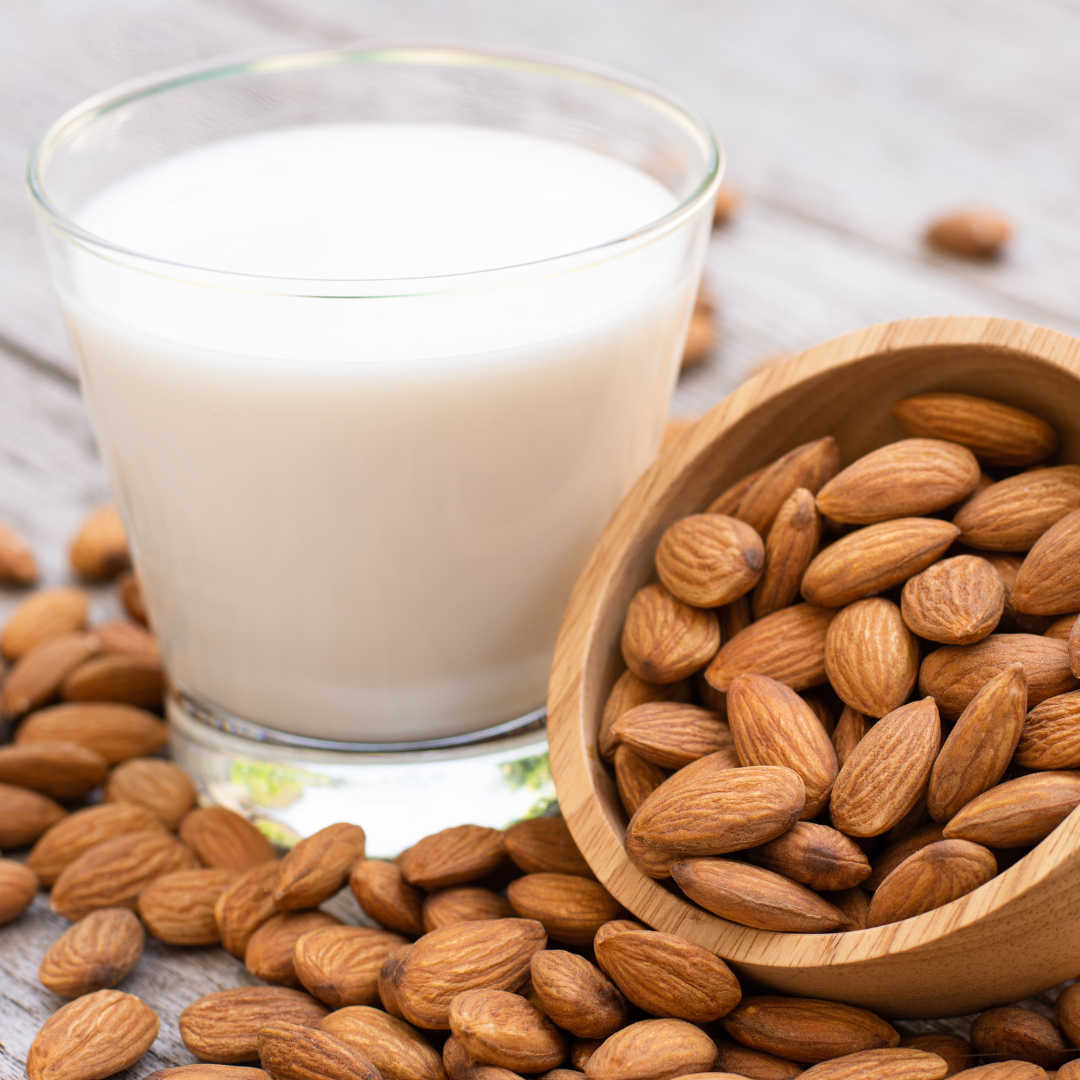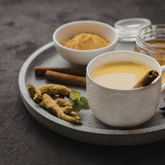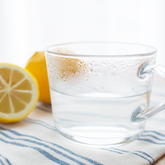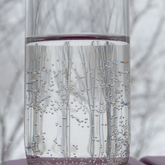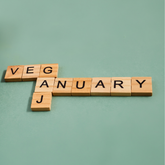Almond milk has become a staple in many households, whether for coffee, smoothies, or simply as a dairy-free alternative. But if you've ever compared store-bought almond milk to homemade, you may have noticed a difference in taste, texture, and nutrition. Today, we're putting DIY almond milk to the test against its store-bought counterpart to see which one comes out on top!
One of the first things you'll notice about homemade almond milk is its rich, creamy texture and nutty flavor. Unlike store-bought versions, which can be watered down or contain added stabilizers, DIY almond milk is made with just almonds and water—allowing the natural sweetness and depth of flavor to shine through.
Store-bought almond milk, on the other hand, often contains added gums and emulsifiers to maintain consistency and extend shelf life. While this can make it more convenient, it sometimes results in a thinner texture and a less pronounced almond taste. If you love a pure, fresh flavor, homemade almond milk is the clear winner.
Nutrition Breakdown: What’s Really Inside?
When it comes to nutrition, homemade almond milk is as clean as it gets. Since you're making it from scratch, you control the ingredients—no added sugars, preservatives, or artificial flavors. The result? A wholesome, nutrient-rich beverage.
Store-bought almond milk, however, varies significantly between brands. Many options contain added sugars, synthetic vitamins, and thickeners like carrageenan or guar gum. While fortified almond milk may provide extra calcium and vitamins, it often has fewer actual almonds per serving than homemade versions, leading to lower protein content.
Here's a quick comparison of one cup of DIY almond milk vs. store-bought almond milk:
|
Nutrient |
DIY Almond Milk |
Store-Bought Almond Milk |
|
Calories |
~40-60 |
30-90 |
|
Protein |
1-2g |
1g |
|
Healthy Fats |
3-5g |
2.5-4g |
|
Sugar |
0g (unless sweetened) |
0-12g (depending on brand) |
|
Additives |
None |
Often contains gums, stabilizers, and preservatives |
Environmental & Cost Considerations
Making almond milk at home is not only better for your health but also for the environment. Store-bought almond milk comes in cartons that contribute to waste, whereas homemade almond milk requires minimal packaging—especially if you buy almonds in bulk.
From a cost perspective, store-bought almond milk may seem cheaper upfront, but when you factor in the low almond content per carton, homemade almond milk gives you more value for your money. Plus, you can use the leftover almond pulp in recipes like smoothies, oatmeal, or baked goods, reducing waste even further.
Making Almond Milk at Home with Milky Plant
The process of making almond milk at home is easier than ever with the Milky Plant. Unlike traditional methods that require soaking, blending, and straining, the Milky Plant automates the process in just a few minutes. Simply add almonds and water, and let the machine do the rest—no mess, no hassle, just fresh, delicious almond milk every time!
The Verdict: DIY Almond Milk Wins!
While store-bought almond milk is convenient, it often comes at the cost of flavor, nutrition, and added ingredients. If you’re looking for the freshest, healthiest, and most delicious option, DIY almond milk—especially with the help of the Milky Plant—is the clear choice.
So why not give homemade almond milk a try? Once you taste the difference, you may never go back to store-bought again!









